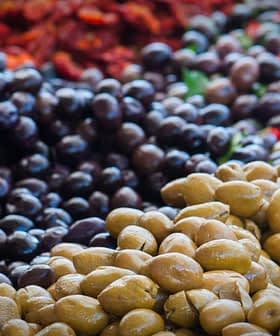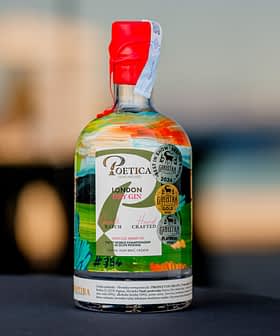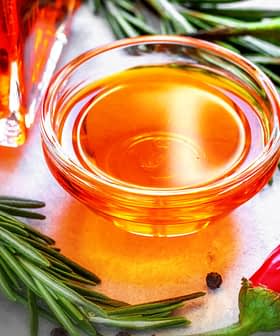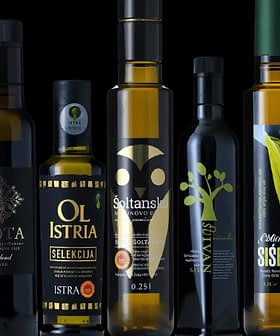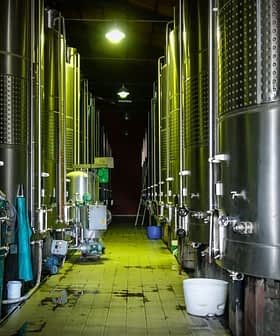U.S. Sees Significant Growth in Organic Olive Oil Sales
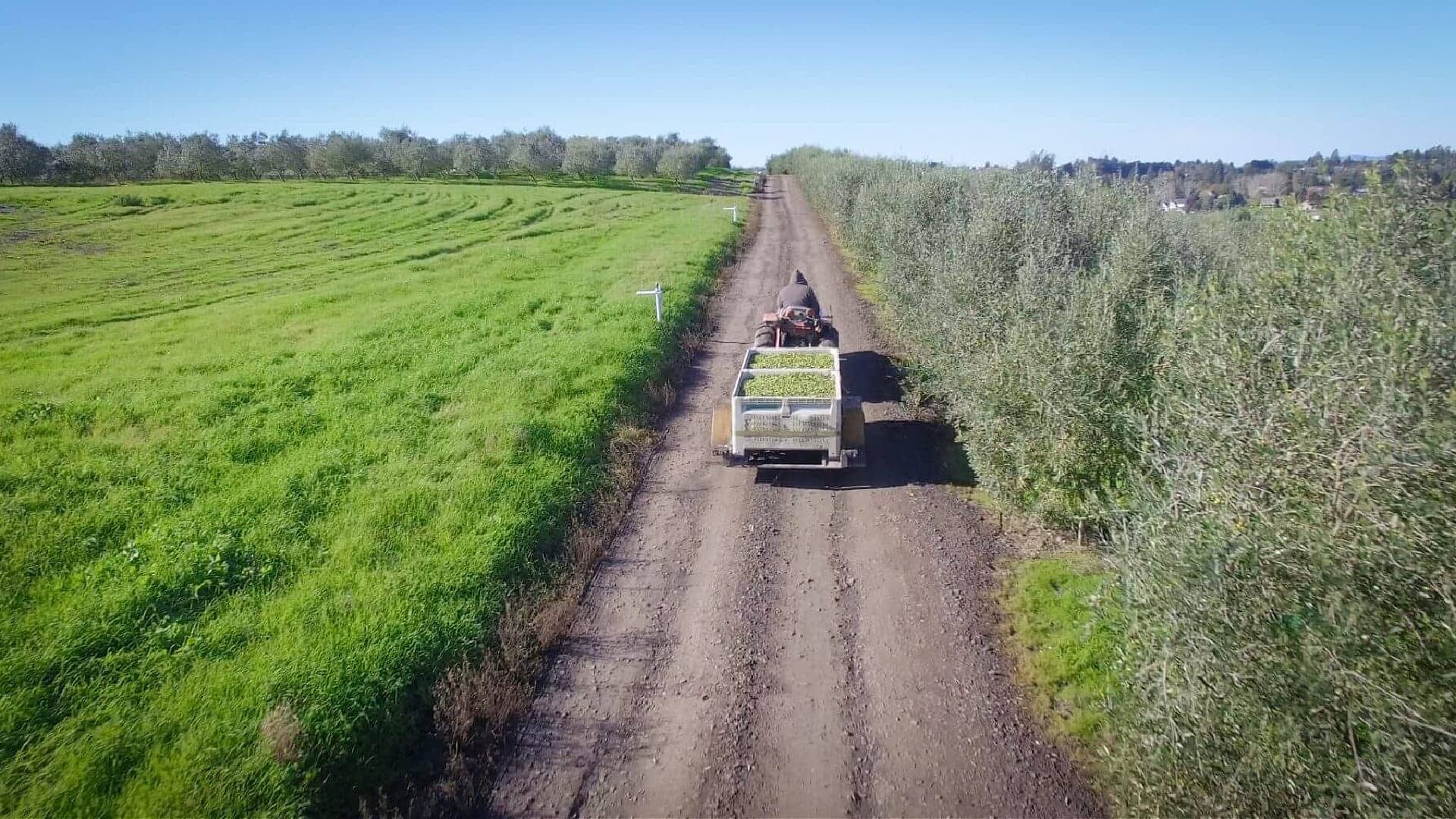
Organic olive oil sales are increasing in the U.S., while total extra virgin olive oil sales have slightly declined, according to industry data. The rise in organic olive oil sales is part of a broader trend attributed to the perception that organic foods are healthier and better for the environment.
Organic olive oil sales are rising in the United States. In contrast, total extra virgin olive oil sales have slightly declined, according to industry data shared with Olive Oil Times by the North American Olive Oil Association (NAOOA).
Organic olive oil sales by volume, 98 percent of which are extra virgin, increased by 7.2 percent in the 52 weeks ending April 24, 2024. Conversely, total extra virgin olive oil sales by volume fell by two percent over the same period in the world’s second-largest olive oil-consuming country.
I think a lot of people are realizing that there are many health benefits to eating organic.
Looking further back, in the previous 52-week period, organic olive oil sales increased by 2.7 percent while total extra virgin olive oil sales remained stable.
Outside of the U.S., organic olive oil sales are also expected to increase. According to market research, the global organic olive oil market is forecasted to rise from $933 million in 2021 to $2.2 billion by 2031, with an annual growth rate of nearly nine percent.
See Also:Italy’s Organic Food Sales More than Doubled in the Past DecadeThe increase in organic olive oil sales is part of a broader trend. In its 2024 organic industry survey, the Organic Trade Association said certified organic product sales grew to a record-high $69.7 billion in the U.S. in 2023, an increase of 3.4 percent from the previous year.
While Joseph R. Profaci, the NAOOA’s executive director, cautioned data measured in dollars could be misleading if the figures are not adjusted for inflation, which came in at 3.4 percent on an annualized basis in the U.S. in 2023, he agreed that organic olive oil consumption increases are part of a broader trend.
“Extra virgin olive oil is not alone among food categories in which organic sales are currently outpacing conventional sales in growth metrics,” he said. “Much of this is attributed to the perception that organic foods are healthier for you and that they are better for the environment, which we know are both movements that continue to gain popularity in the U.S.”
“This may be particularly applicable to olive oil because our shopper is usually more well educated and affluent than the traditional shopper, and therefore, they would likely be more inclined to be aware of these trends and able to afford the premium paid for organic olive oil,” Profaci added.
Thierry Moyroud, the chief executive of Deoleo North America, attributed rising organic olive oil sales to Walmart, the world’s largest retailer.
“The big winner of everything that happened in pricing, beyond olive oil, with the inflation that we witnessed in the last years has been Walmart,” he said. “Walmart has a higher share of olive oil sales than any other organic retailer. When Walmart’s sales grow, so do organic sales.”
Moyroud believes another factor behind the trend has been the bifurcation of the U.S. olive oil market.
“What has happened here is a polarization due to pricing,” he said. “At the bottom of the spectrum, some households are not buying olive oil anymore” due to rising prices at origin and the impact of inflation on other household staples.
“Organic olive oil, which tends to be more expensive, is bought by people with greater purchasing power. Even if prices rise, they are unlikely to stop buying it,” Moyroud added. “The household buying organic products is less price sensitive.”
While imports comprise about 97 percent of U.S. olive oil consumption, organic olive oil production is increasingly popular in California. However, not all Golden State organic growers and millers have seen the broader national trend in their sales.
Still, Stefanie Wickensheimer, the executive assistant and project director at Rio Bravo Ranch, has noticed an increased demand for organic olive oil.
“We get some customers who ask specifically if it is organic. I think a lot of people are realizing that there are many health benefits to eating organic,” she said. “No pesticides are involved in the farming, resulting in a safer product all around.”
However, Phil Asquith, the owner of Ojai Olive Oil, has seen the opposite trend.
“If anything, people’s interest in organic seems to have flattened out or even decreased,” he said. “People choose based on which olive oils they like more than which ones are certified.”
Asquith said that many of his customers and other olive oil consumers he knows are more concerned about quality and provenance than organic certifications.
“They are more concerned with the oil being local, high quality and from a company they trust,” he said. “All of our oils are organic, but not all are certified and labeled as such. The certification standards and costs have become quite a burden, so we only certify certain products, even though they all would qualify.”


